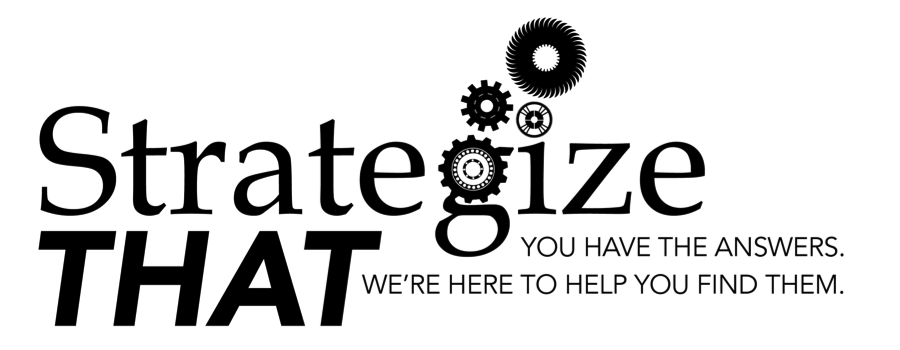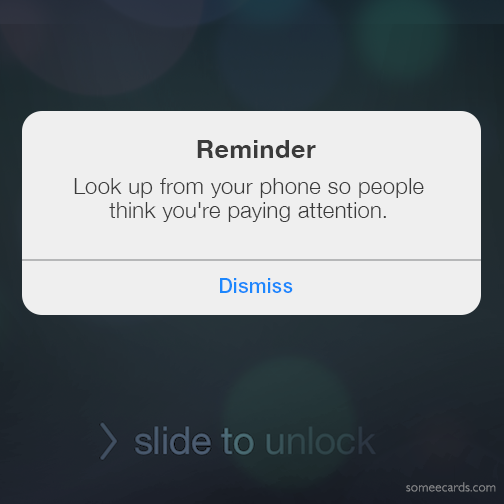“You benefit by managing your career, in addition to simply doing your daily work projects. Take stock of what you are good at, what is important to you and what you enjoy, and maximize your time accordingly. As part of this, it is critically important to advocate for yourself—speak up, share your accomplishments, communicate what you want and find sponsors both within and outside of your company.” —Lori Scherwin, founder of Strategize That in New York City
Tips to find a C-level position
“Be clear about your unique value proposition. Know what you do, what problems you solve and who you help better than anyone. Reframe your career trajectory from skills and accomplishments to value provided. Your interviews will be more compelling as a result, maximizing the odds of the perfect fit.” —Lori Scherwin, founder of Strategize That in New York City
Read moreHow to answer the interview question: ‘What will you miss about your last job?’ →
Interviewers ask this question to learn about your professionalism, your attitude and to get a sense of whether you will be a cultural fit for the job, says Lori Scherwin, founder of the New York City-based career coaching business Strategize That.
Mention skills that will transfer easily
When discussing what you’ll miss about your last job, try to incorporate skills or challenges that you can apply to the position you’re interviewing for, Scherwin says. Choose something that you learned that will help you in a new role. Say you’ll miss applying the specific management training and experience you got at your prior job. Then mention that you look forward to carrying that skill set over in your new position, she suggests.
“Hard as it may be if the wounds are fresh from a job you couldn’t stand, try to recall what first excited you about that role and talk to that experience,” Scherwin says. “If you simply cannot recall anything positive about working there, consider what you learned about the experience of hating your job and reframe it into a positive, i.e. ‘My role at ABC company gave me a lot of opportunity to balance challenges and taught me about problem solving.’”
The right way to quit
Make sure the reason you quit comes from a “desire for change, rather than fear,” advises Lori Scherwin, a certified personal coach and the founder of Strategize That, a professional and personal coaching firm. Don’t let your fear of success or potential for failure change your course.
The right time to quit a job is when your “circumstances have changed and you are unhappy with no future path, are blatantly disrespected and undervalued and have already tried various solutions to make things better.”
Scherwin also says to choose a “run-to vs. run-from situation.” It’s better if you know where you want to go for your next move rather than simply “escaping the current.” Otherwise you risk finding yourself feeling equally discontent somewhere else.
How to Advance In Your Career Without Becoming A Workaholic
No, your career advancement is not only about you. Lori Sherwin, certified professional coach and founder of New York City-based firm Strategize That, says relationships are the single most important factor for success as you advance in your career. "Growing in your career takes more than aptitude; attitude and relationships matter," she says. Read on for more.
Read more
Email Urgency vs. Actual Emergency
Don't Default to Email: Lori Scherwin, Founder of Strategize That, knows that sometimes going old-school is the best option. She advocates avoiding on-going email exchanges by "running down the hall or picking up the phone" and "resolving the topic with a 5-minute conversation." This type of face-to-face or ear-to-ear exchange also avoids "communication mishaps such as words taken out of context, tone read into, requests misconstrued, and accountability for next steps vague." In addition to fewer emails, there is the added interpersonal "benefit of improving your relationships over time."
What to do when multiple executives leave your company
Before you jump to conclusions about why leaders are leaving, figure out what is actually happening, recommends Lori Scherwin, founder of Strategize That in New York City. “Clearly transition is in the cards, but it could be attributed to a number of things, not necessarily bad. Sometimes business is underperforming structurally, and sometimes it is simply in need of a management change.”
Give yourself a year-end review
Do a year end review - article features some of our tips.
"And be sure to include life accomplishments", adds Scherwin: “Business success and life success are interchangeable,” she says. “Happiness in one area has a trickle effect.”....
Read more
Being likable at work.... →
Strategize That shares productivity tips with Inc... →
Strategize That shares productivity tips with Inc...
Stop wasting time by keeping a "wait list." Inevitably in an office environment, dealing with multiple constituents--your team, your boss, your clients, your colleagues--you likely run into daily situations where you are waiting--meetings run over, calls start late, people dawdle in. How much time are you wasting? Possibly up to several hours a week! Counter this by planning in advance and keeping a "wait list" of small but important tasks you can do in five or 10 minute intervals to keep you on track. Examples: catch up on reading, emails, scheduling. You'll get through these during the day rather than having them pile up at the end of the day and thank yourself for finally getting out of work on time. --Lori Scherwin, founder of Strategize That
Read moreHow authentic are you in your day to day?
How often do you find yourself holding back words or actions at work.... Stifling your true feelings for fear of what someone else might think? Trying to fit in with a culture, or perhaps you think you "have to" go along with the flow to get recognized, promoted, be liked? The more this happens, and the less you act, the more you have to wonder - "Am I in the right place?".
If you are creatively thinking out of the box, how might it benefit the organization for you to voice a new insight or perspective. Also consider, if you are thinking and not voicing - how many others in the room may be doing the same. Consider how true is it that your thoughts won't be well received...are you acting out of fear or reality. Allow yourself to take a leadership role by being true to you - value yourself and others will follow.
Clearly there are times when keeping quiet for face value may make sense - when a topic or debate is less imperative to a personal or professional objective. But often times we act - or don't act - in situations we feel strongly about out of limiting beliefs about what we "are supposed to do" and what is "expected". The next time you "keep quiet" ask yourself the following questions, and then muster up the confidence to go for it!
- What do I think about this issue and how does it differ from the consensus?
- How critical is this topic in the big picture?
- What am I afraid of in voicing my opinion?
- What's the worst that could happen if I go against the grain?
- What are all of the benefits of speaking up?
- How much will I regret going with the flow if I keep quiet?
- How can I frame my POV to ensure it is well received?
Try it out and let us know how it goes!
How often would this be helpful for you?
Looking for a change ?
This is one of the most common concerns I hear from clients that keeps them stuck.
Unfulfilled, looking for a new challenge, ready for change, but afraid that prior experience will only lead them to the same types of positions.
We help you find new ways to leverage your strengths and how to shift perception of your experience to enable you to grow, thrive, and define success on your own terms. You know what you don't want - step 1 is figuring out what it is that you want - when was the last time you asked yourself that? Let's start now.
Not sure where to begin? Contact us to help Strategize That!
Do what you love!
Great reminder - do what you love! Ask yourself, is your job making you happy? Is it what you dreamed of as a child? If not, what is one step you can take to get closer....
Gratitude
How can coaching help you with leadership development?
Looking for that 25th hour?
Reflection and inspiration....
What do these quotes bring up for you? How might they apply to your current situation?
What is one step you can take - today - to bring you closer to your goals?













